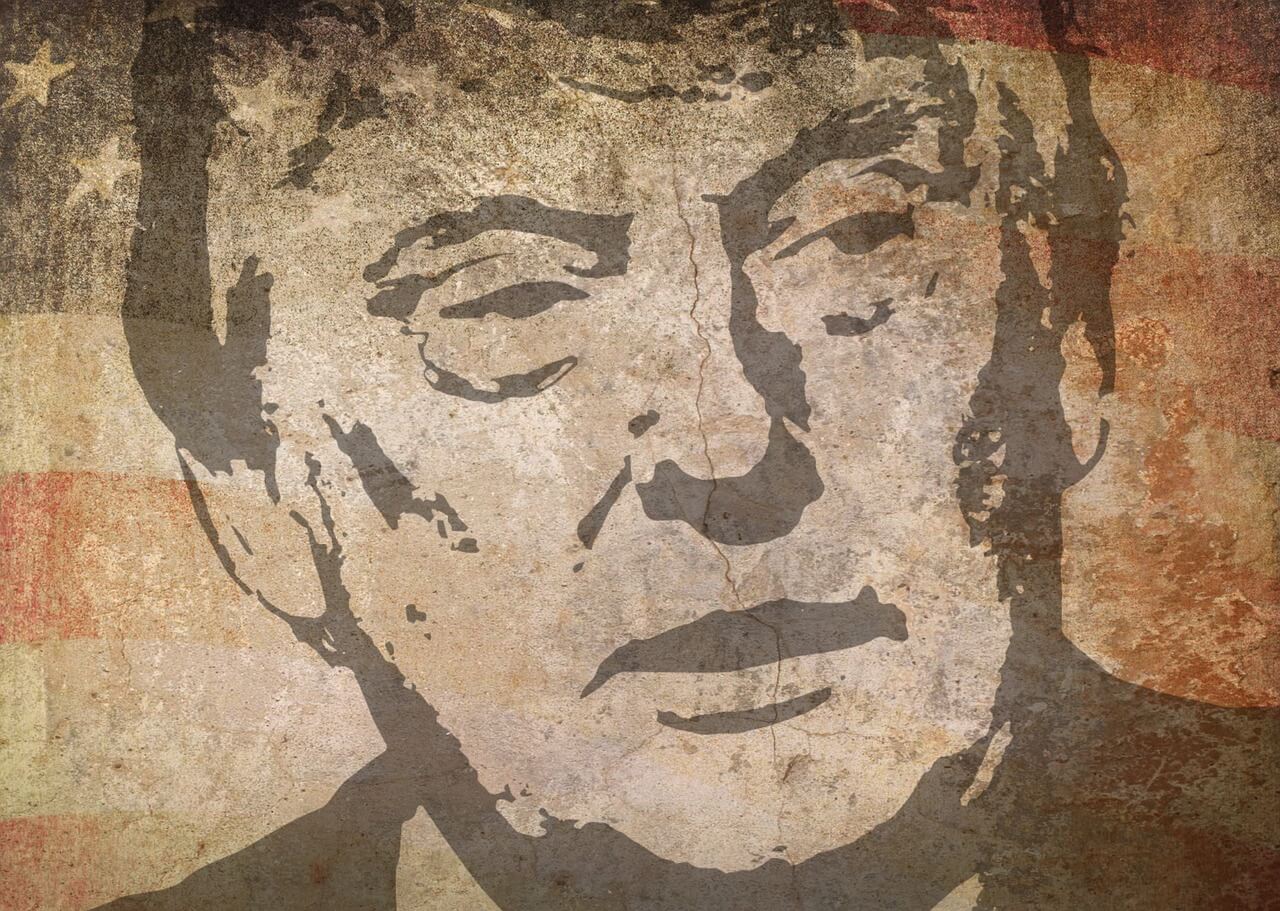

Politics and cryptocurrency need to find some common ground. Regulators are increasingly expected to incorporate digital assets into the global economy, and as the general public becomes more aware of cryptocurrency, central authorities should accept it as part of the game.
Cryptocurrency companies and adopters often need a legal framework to buy and sell crypto assets. However, politicians seem to be taking baby steps when it comes to cryptocurrency adoption.
With more G20 nations ready to support global regulation for cryptocurrencies, politics and cryptocurrency may become more closely intertwined. However, a significant number of politicians still associate cryptocurrency with high risks, especially after Facebook’s announcement of its Libra project.
While most countries lack clear legislation for cryptocurrencies, some legislators aren’t afraid of expressing their position on virtual money and digital assets. Politicians like Israel’s prime minister Benjamin Netanyahu or South Korea’s minister of science and IT Yoo Young-min are known supporters of cryptocurrency.
US Democratic party 2020 presidential candidate hopeful Andrew Yang is also bullish on Bitcoin, and accepts Bitcoin and Ethereum donations to fund his campaign.
Reputable members of the parliament of Sweden, the UK, the US, Switzerland, and Japan have also expressed their support for crypto and blockchain adoption. Even Vladimir Putin mentions cryptocurrency in his speeches, imploring lawmakers to stop slowing down the development of new technologies.
However, these voices alone can’t bring politics and cryptocurrency together for now. Many politicians continue to attack Bitcoin and other cryptocurrencies in the public space – including the world’s most powerful man and prolific tweeter, President Trump.
Just days ago, he caused a stir by badmouthing Bitcoin and other cryptocurrencies for being based on “thin air”.
Many crypto enthusiasts see Trump’s negative attitude as positive for Bitcoin’s popularity. However, these types of statements can’t have a positive effect on the relationship between politics and cryptocurrency in the long run.
Most governments are still afraid of cryptocurrencies, mainly because digital coins are decentralised and hard to regulate and control.
Fiat currencies, on the other hand, are the core of a country’s monetary policy and have a high impact on the national economy.
Traditional financial systems empower governments and enable them to control the amount of money flowing in an economy. Lawmakers can stimulate consumption or investment to generate jobs, encourage exportation, or avoid inflation.
It’s a complex system that cryptocurrency could disrupt for good if politics were to endorse it.
The disruptive nature of blockchain technology requires politics and cryptocurrency developers to work together. People need clear laws that enable them to benefit from cryptocurrency while limiting undesired use and protecting retail investors.
It’s very challenging, as adopting laws involves understanding the concepts behind cryptocurrencies.
The Financial Action Task Force (FATF) is the organism that combats threats like terrorist financing and money laundering worldwide. The organisation has put together a set of recommendations regarding the use of cryptocurrencies. These could become the international standard for crypto adoption if the G20 nations support the FATF proposition.
However, not all countries seem ready to have an official position on cryptocurrency. Many EU countries, for example, are worried about the implications of massive crypto adoption for tax evasion and financial crime.
Nothing has brought politics and cryptocurrency so close as Facebook’s Libra. The potential digital coin has scared governments worldwide long before its launch, and not without a solid reason.
European politicians starting with French finance minister Bruno Le Maire are concerned about the impact of Facebook’s Libra on the financial markets. German regulators soon followed, pointing out that lawmakers should be vigilant regarding the new payment system.
European regulators have a long history of investigations and fines against Facebook, due to the tech giant’s inability to protect its users’ privacy. And EU politicians aren’t the only ones to ask for more control over the social media giant.
President Trump’s decision to make cryptocurrencies a hot topic before the 2020 elections may be triggered by Libra as well. Moreover, concerns about Facebook’s abilities to manage a cryptocurrency also come from developers.
Ethereum co-founders Joseph Lubin and Mihai Alisie have mentioned the risks that come with the Libra project. According to them, Facebook could reverse the gains made by crypto developers with decentralisation and positive awareness.
When politics and cryptocurrency meet, there is either regulation and adoption or prohibition. Politicians can encourage cryptocurrency adoption, but they need help understanding the decentralisation concept and its benefits.
Cryptocurrency questions the traditional financial system, which is mostly controlled by politics. So, it’s only natural that politicians refuse to accept the benefits, as they don’t want to lose control over their economies.
Politicians need to regulate the use of digital coins and assets to help people benefit from cryptocurrency. Organisations like the FATF could help limit the risks of scams, fraud, and terrorist financing, but they can also hinder innovation as digital assets are hard to categorise.
With Trump’s latest tweet, the crypto conversation has sparked off in earnest. Let’s hope that politicians prove themselves open enough to welcome new technology rather than trying to keep it down.
Denver, Colorado, 24th February 2025, Chainwire
Denver, Colorado, 20th February 2025, Chainwire
Washington, D.C., 18th February 2025, Chainwire
Dubai, UAE, 27th January 2025, Chainwire
Those who enter the market at this time may be surprised to hear that Bitcoin…
George Town, Grand Cayman, 22nd November 2024, Chainwire